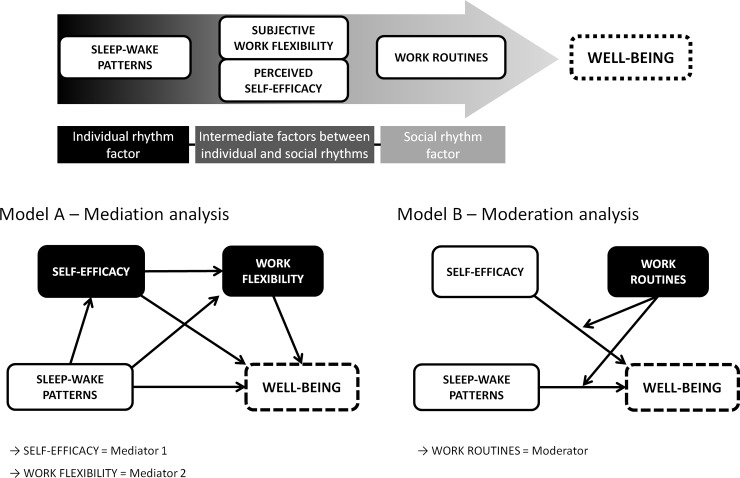Fig 1. Hypothesis and tested path models.
Model A. Simple and serial multiple mediation effects of self-efficacy and perceived work schedule flexibility on the relationship between sleep-wake patterns and psychological well-being; Model B. Moderation effects of work routines on the relationship of psychological well-being with sleep-wake patterns and perceived self-efficacy.

